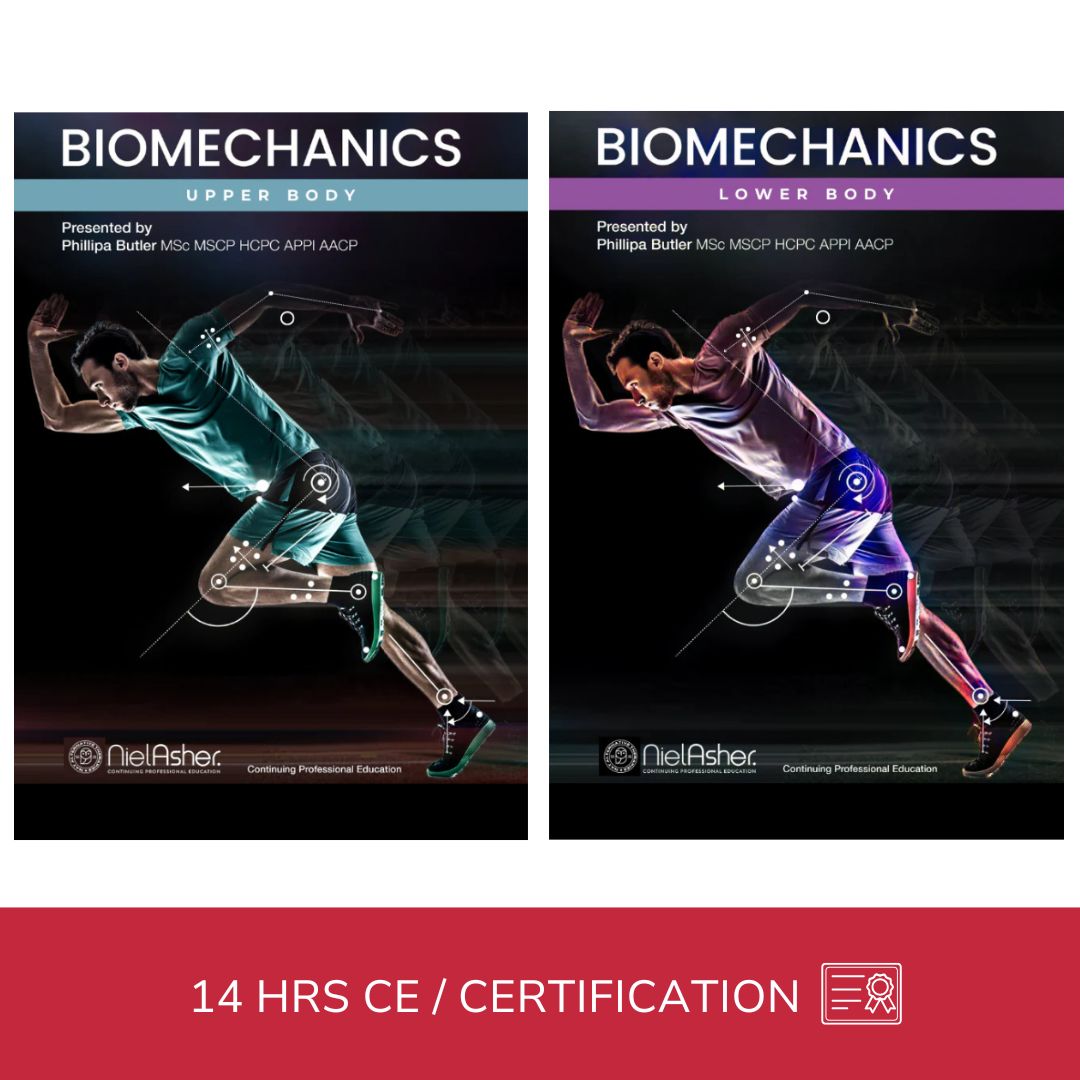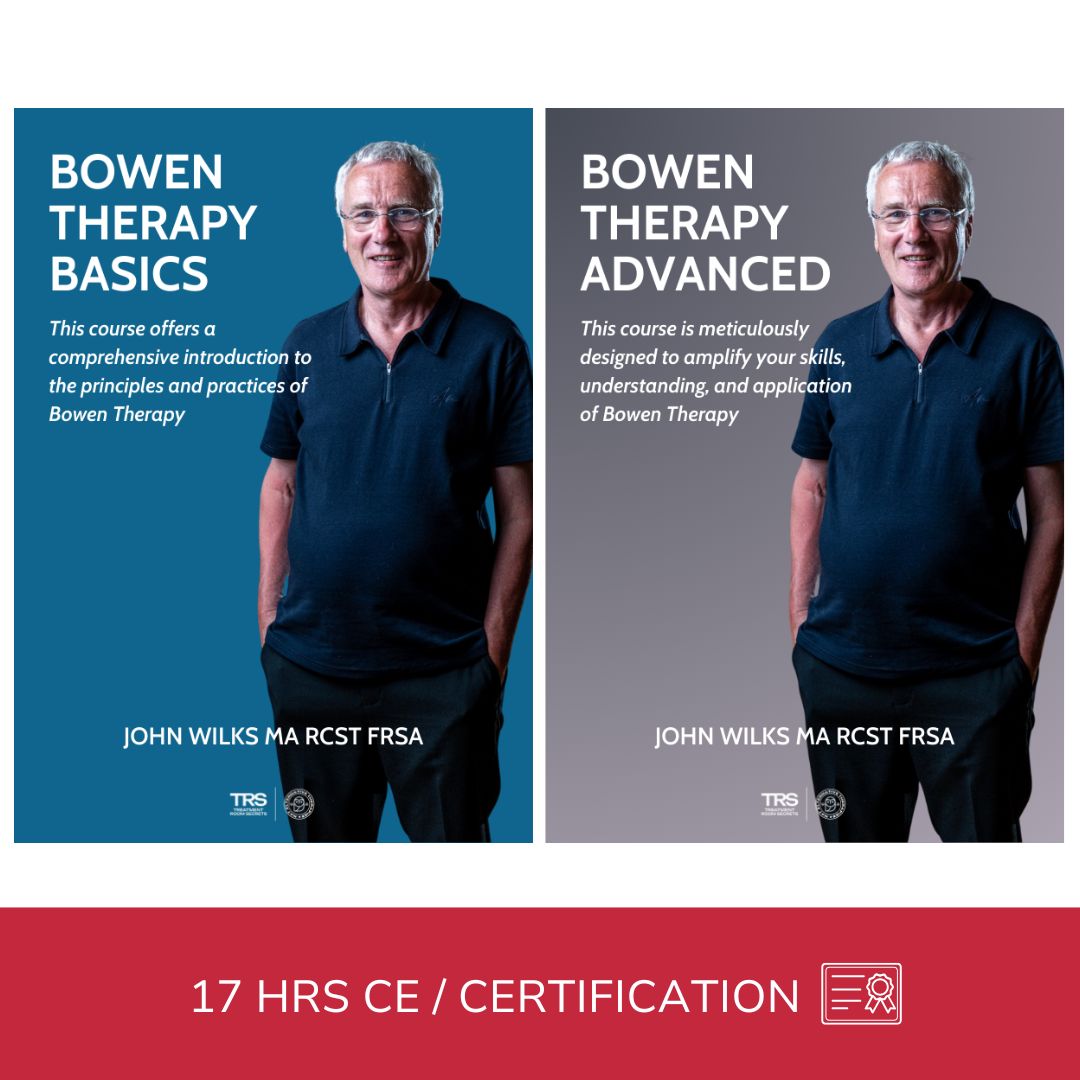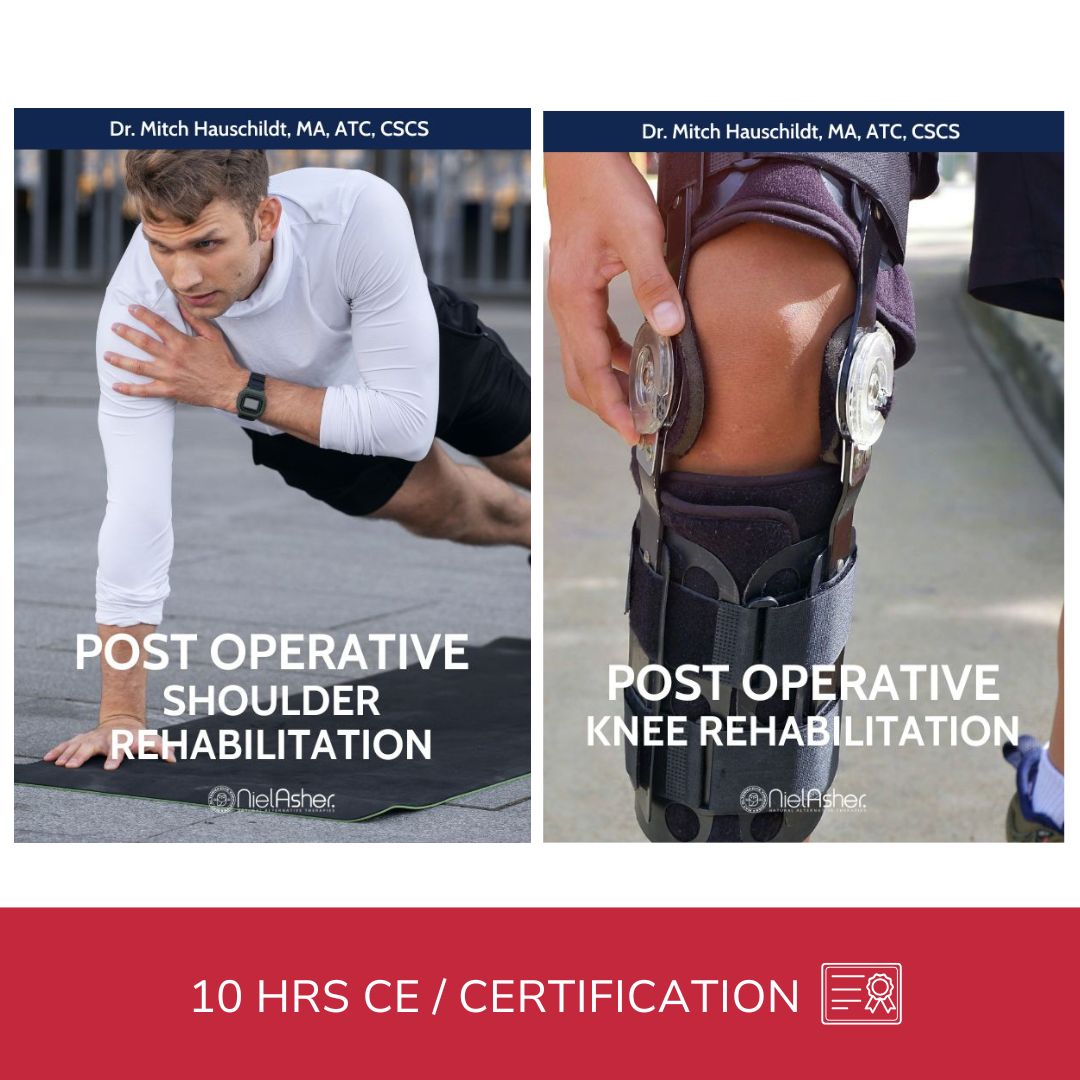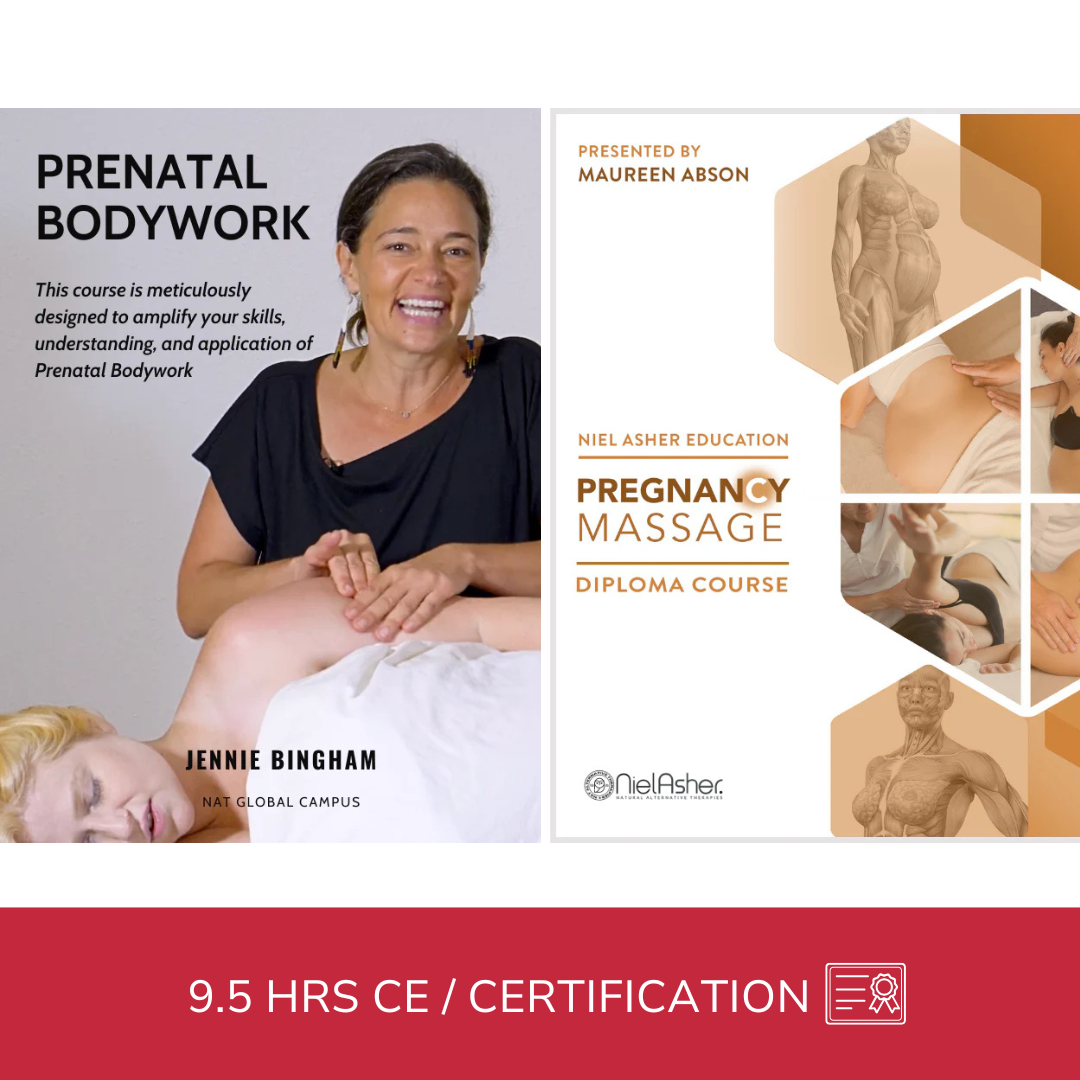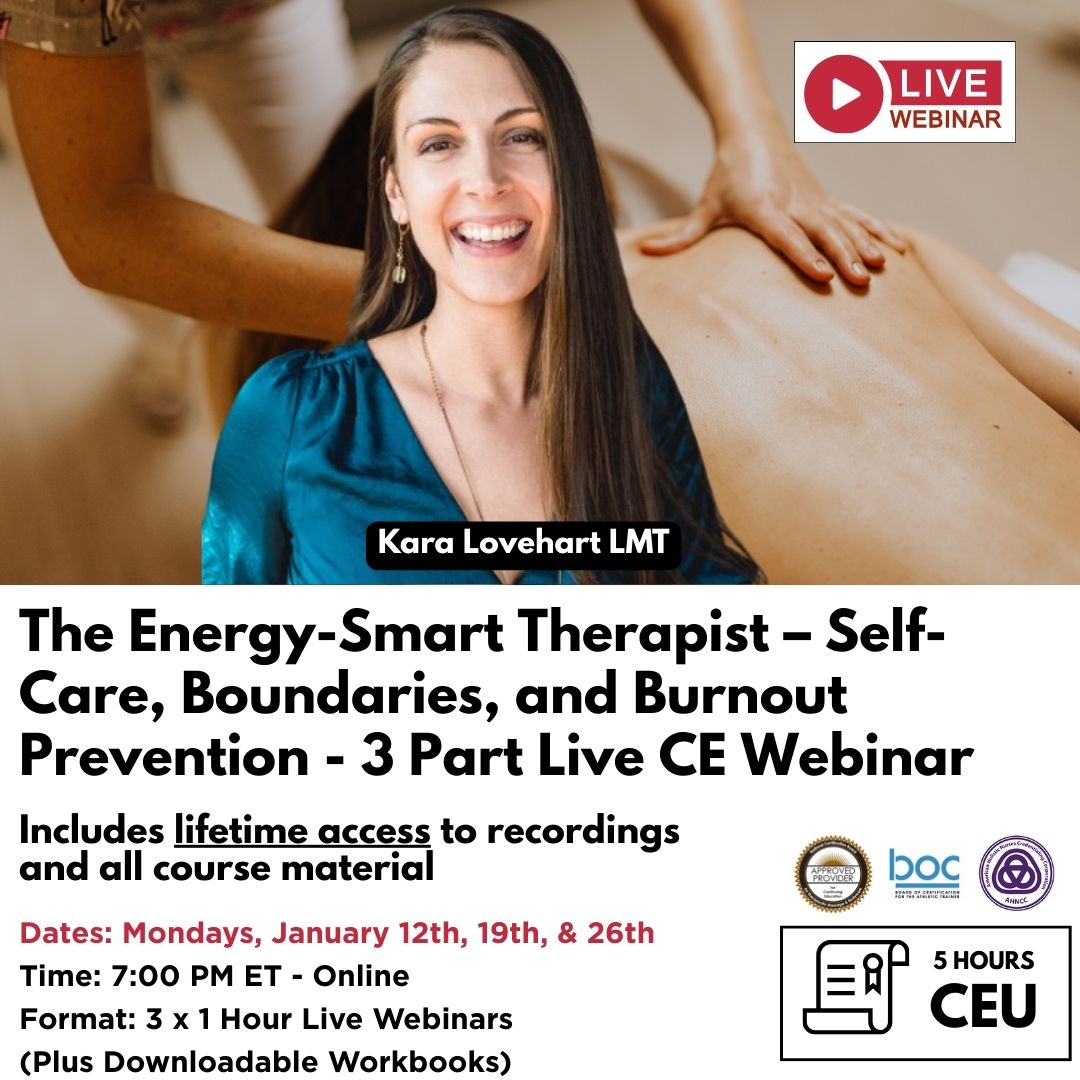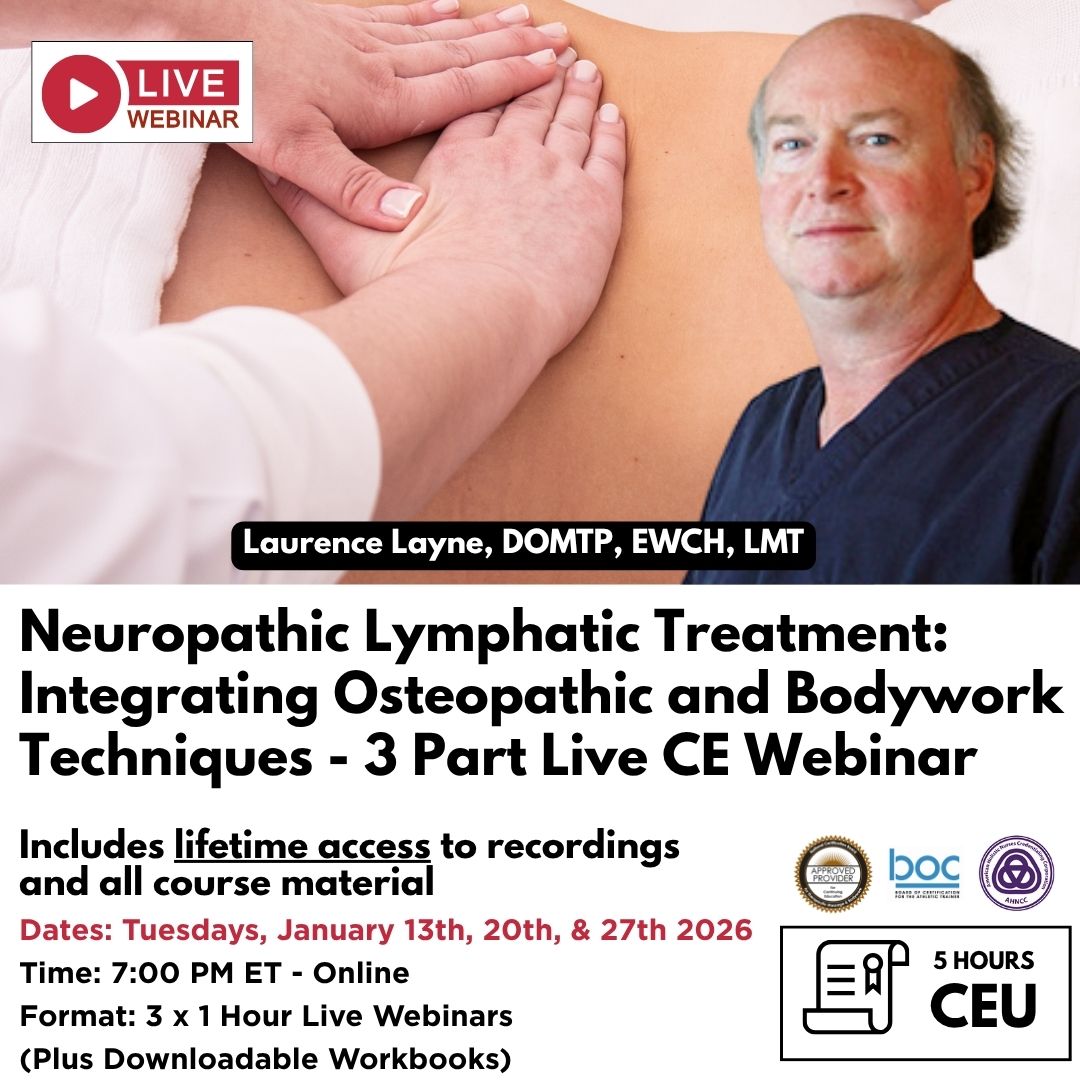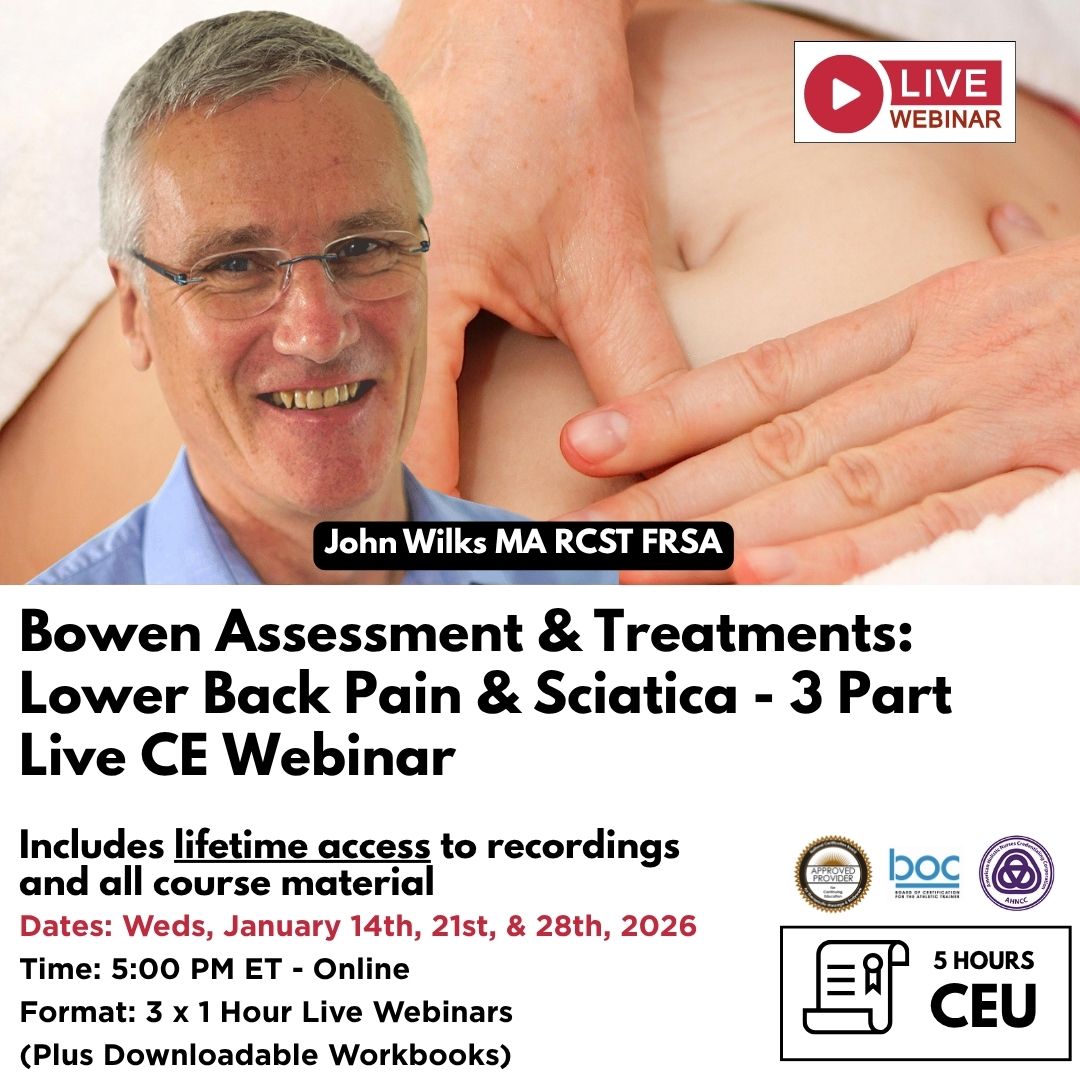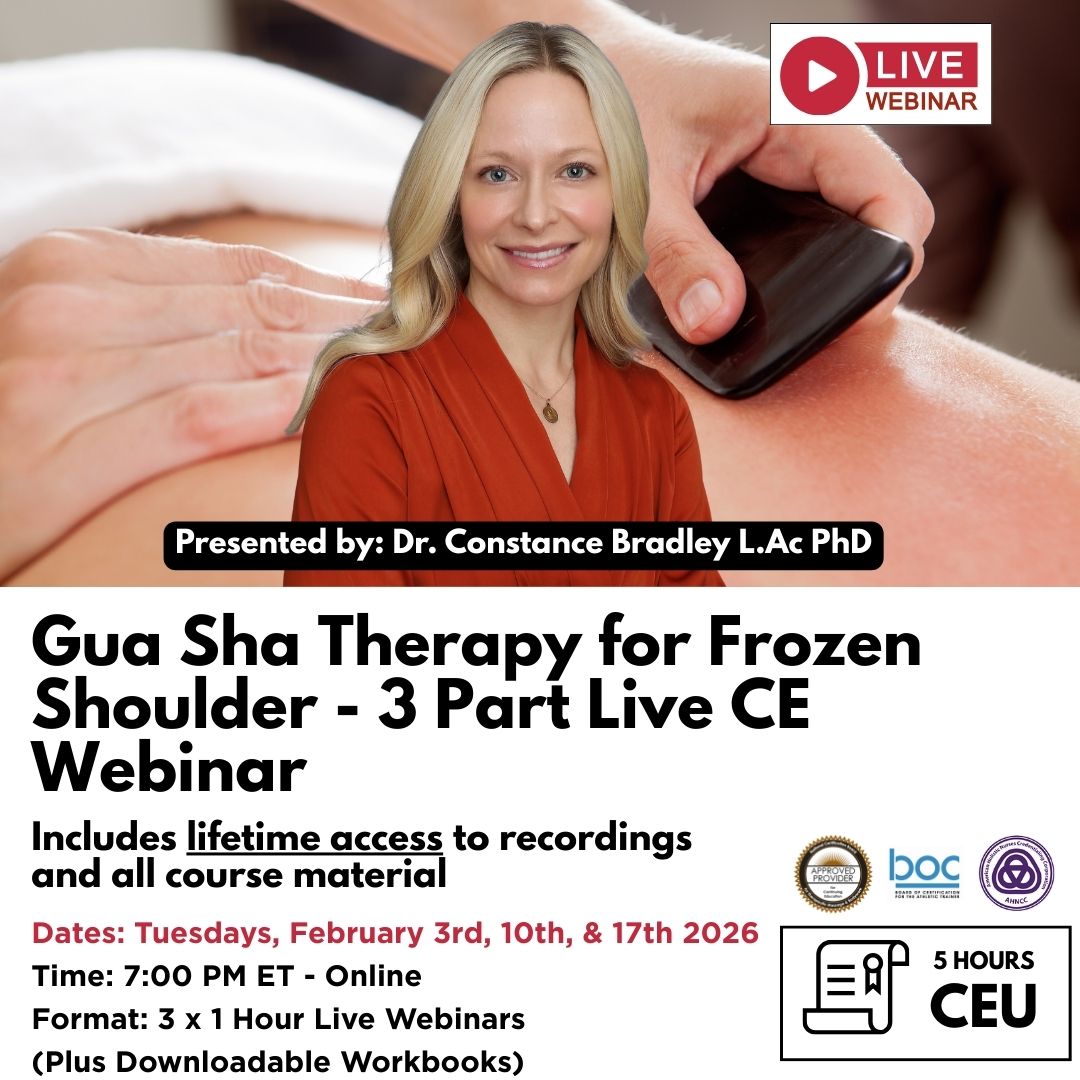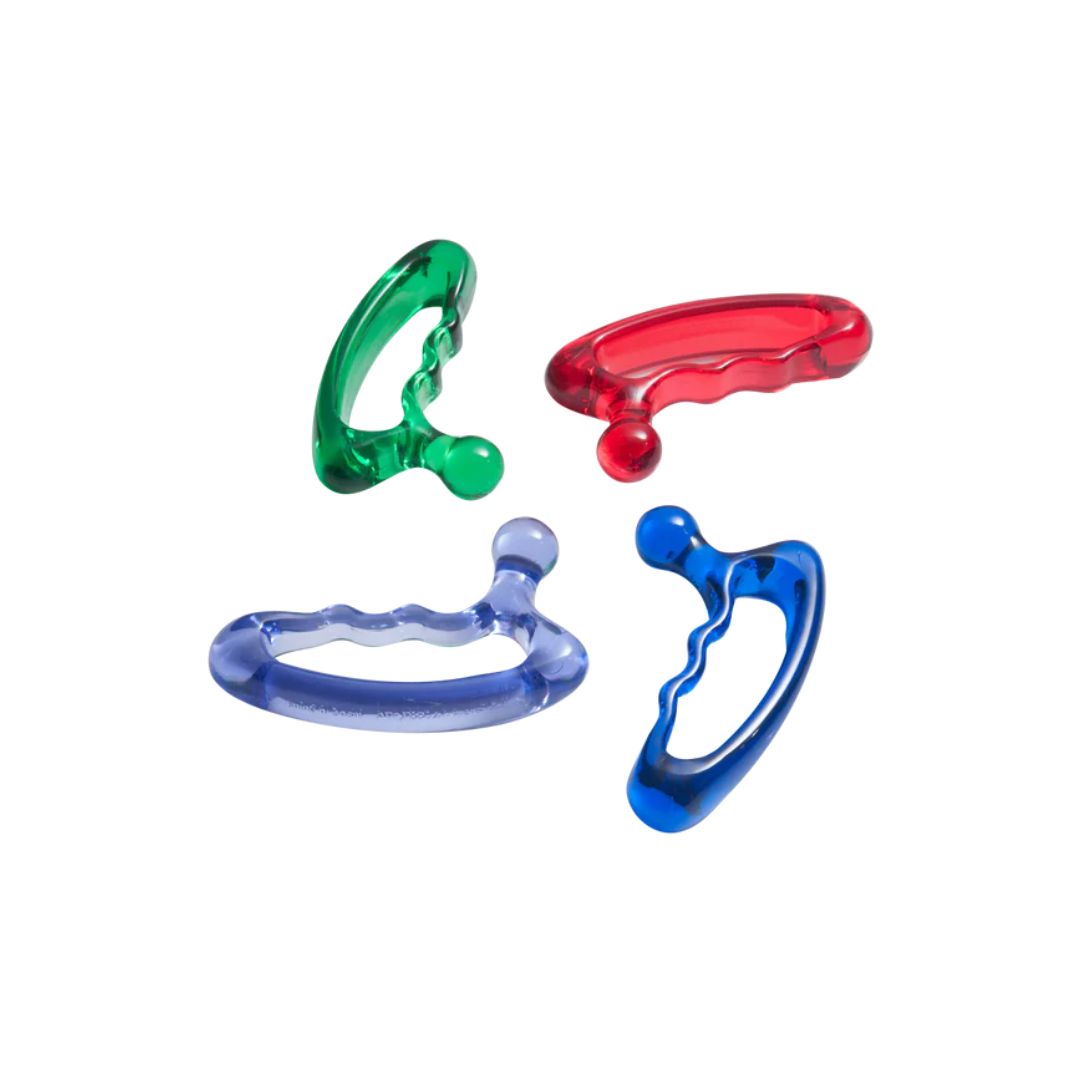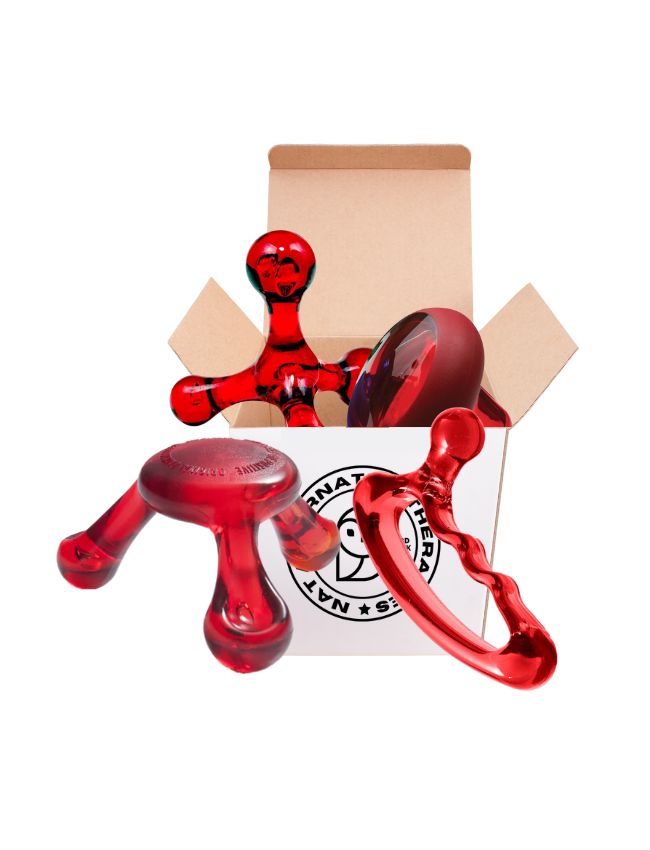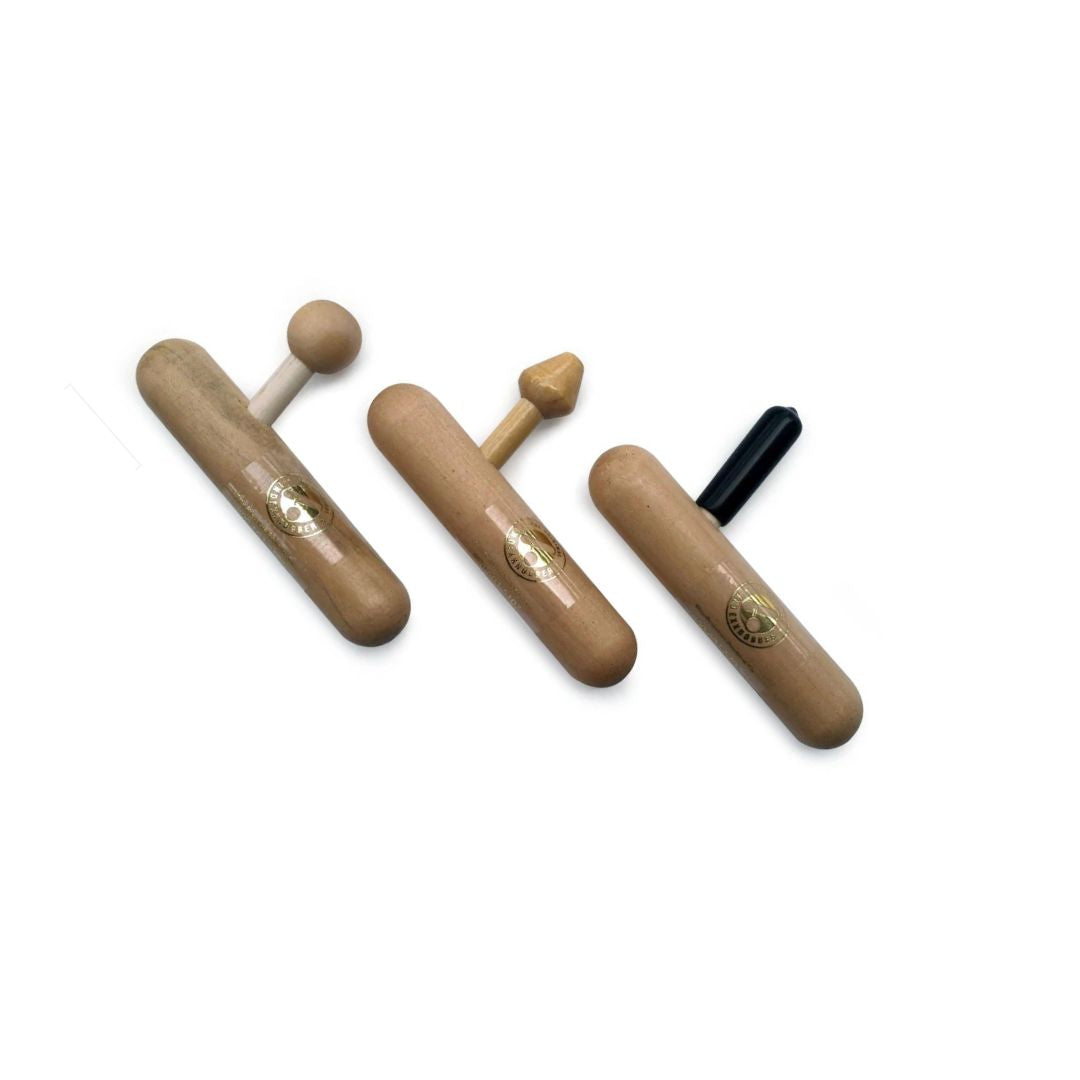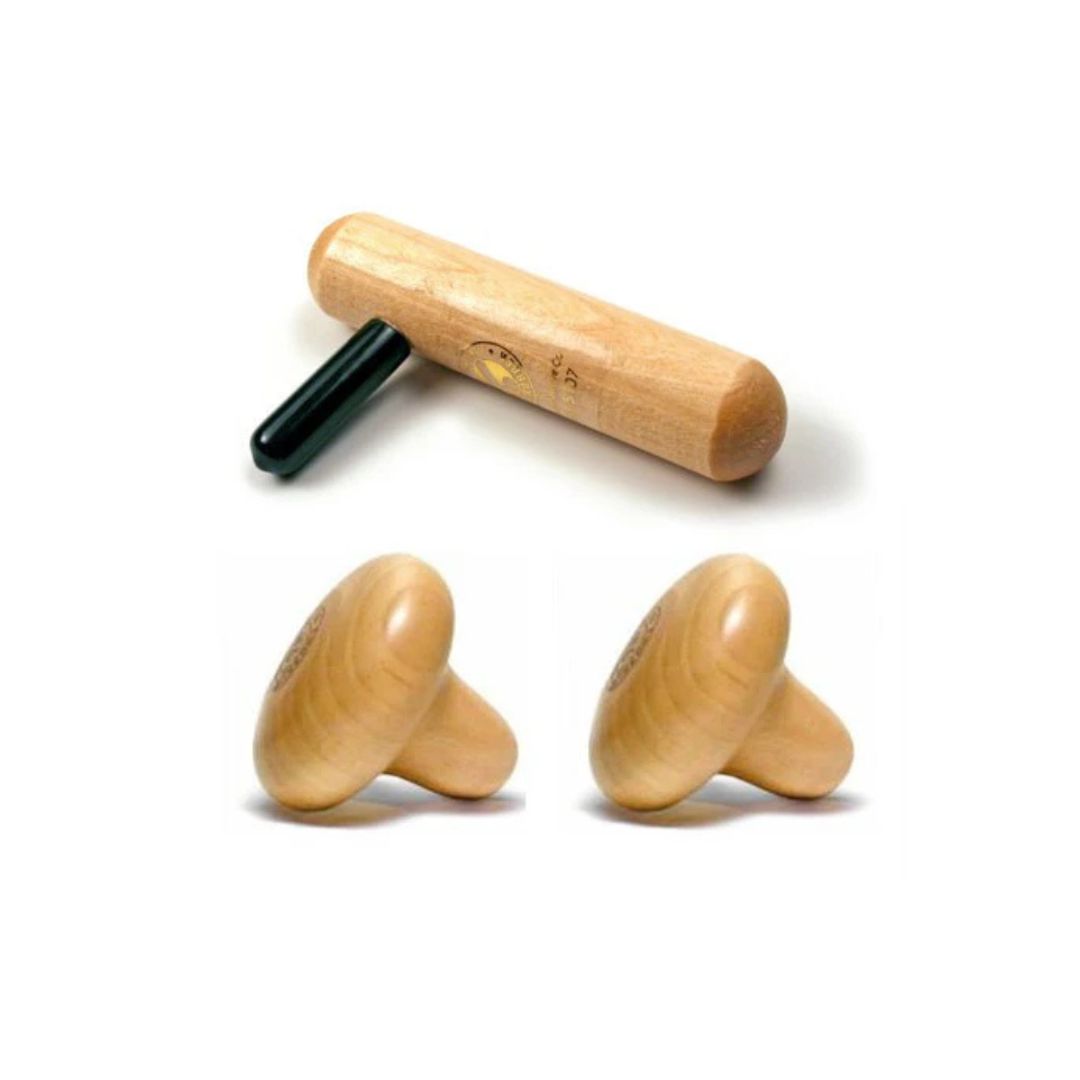Trigger Point Therapy | Sartorius Muscle | Hip Pain | Knee Pain

Sartorius is the most superficial muscle of the anterior thigh and is also the longest strap muscle in the body
Sartorius Muscle and Trigger Points
The medial border of the upper third of this muscle forms the lateral boundary of the femoral triangle (adductor longus forms the medial boundary, and the inguinal ligament forms the superior boundary).
The action of sartorius is to put the lower limbs in the seated cross-legged position of the tailor (hence its name from the Latin "sator" meaning tailor).
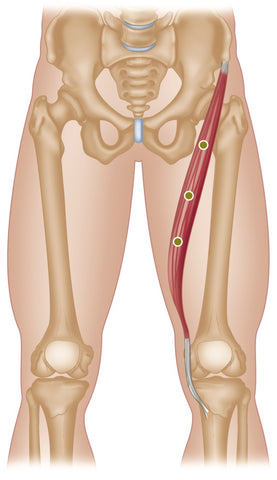
Sartorius - Common Trigger Point Sites
Satellite Myofascial Trigger Points
The sartorius decelerates extension and medial rotation at the hip joint and extension at the knee.
Muscles with baby or satellite myofascial trigger points to consider include rectus femoris, vastus medialis, pectineus, and adductor longus, brevis, and magnus.
Pain from trigger points in this muscle is typically felt as a severe burning or sharp tingling pain or sensation.
This pain is experienced along the anterior but mostly medial aspect of the thigh and kneecap.
Typically, this is not felt as a deep knee pain, but where it is, be sure to test for chondromalacia patellae (runner’s knee). Please also see differential diagnosis comments below.
Precautions
The femoral neurovascular structures lie on the medial border of the sartorius, in the superior portion, while the muscle crosses over the neurovascular bundle from around midway down the femur.
These nerves and blood vessels must be carefully avoided when treating/needling.
Origin
Anterior superior iliac spine and the area immediately below it.
Insertion
Upper part of medial surface of tibia, near anterior border.
Action
Flexes hip joint (helping to bring leg forward in walking or running). Laterally rotates and abducts hip joint. Flexes knee joint. Assists in medial rotation of tibia on femur after flexion. Saying that the muscle makes it possible to place the heel on the knee of the opposite limb may summarize these actions.
Nerve
Two branches from femoral nerve L2, 3, (4).
Differential Diagnosis
Meralgia paresthetica. Knee joint pathology. Lumbar radiculopathy. Inguinal lymphadenopathy. Vascular pathology. Inguinal and/or femoral hernia.
Basic functional movement
Example: sitting cross-legged.
Sports that heavily utilize this muscle
Examples: ballet, skating, soccer.
Movements or injuries that may damage this muscle Being overambitious with yoga exercises in cross-legged or lotus positions (although the knee is likely to be damaged first).
Common problems when muscle is chronically tight/ shortened (spastic)
Pain or damage to the inside of the knee.
Trigger Point Treatment Techniques
| Spray and Stretch | YES |
| Compression | YES |
| Deep Stroking Massage | YES |
| Muscle Energy Techniques | YES |
| Positional Release | YES |
| Dry Needling | YES |
| Wet Needling | YES |
General Advice to Patient
Gait and posture analysis. Prolonged sitting positions with knees crossed. Habitual postures. Can be overactive, secondary to obesity and/or exercise (e.g. running with foot everted). Stretching exercises. Pillow between knees.
Links
More Articles About Hip Injuries and Treatment
More Articles About Knee Injuries and Treatment
Online Hip Course - Stuart Hinds
Trigger Point Tools and Accessories
Dry Needling for Trigger Points
Certify as a Trigger Point Therapist
NAT Online Education Membership Plans from $19.95/monthly

Trigger Point Therapy Diploma Course
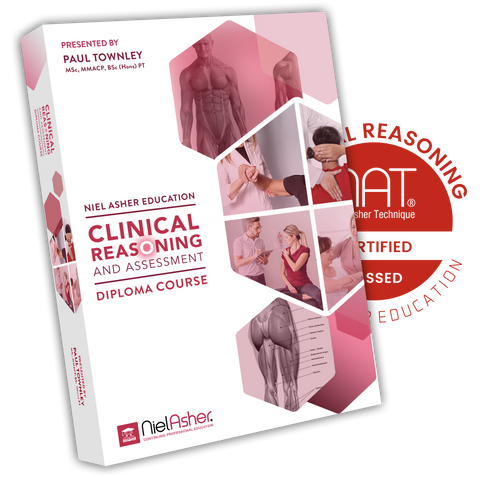
Clinical Reasoning and Assessment for Manual Therapists

JOIN NOW
EDUCATION MEMBERSHIP PLANS
UNLIMITED ACCESS
FROM $19.95/monthly
This trigger point therapy blog is intended to be used for information purposes only and is not intended to be used for medical diagnosis or treatment or to substitute for a medical diagnosis and/or treatment rendered or prescribed by a physician or competent healthcare professional. This information is designed as educational material, but should not be taken as a recommendation for treatment of any particular person or patient. Always consult your physician if you think you need treatment or if you feel unwell.
About Niel Asher Education
Niel Asher Education (NAT Global Campus) is a globally recognised provider of high-quality professional learning for hands-on health and movement practitioners. Through an extensive catalogue of expert-led online courses, NAT delivers continuing education for massage therapists, supporting both newly qualified and highly experienced professionals with practical, clinically relevant training designed for real-world practice.
Beyond massage therapy, Niel Asher Education offers comprehensive continuing education for physical therapists, continuing education for athletic trainers, continuing education for chiropractors, and continuing education for rehabilitation professionals working across a wide range of clinical, sports, and wellness environments. Courses span manual therapy, movement, rehabilitation, pain management, integrative therapies, and practitioner self-care, with content presented by respected educators and clinicians from around the world.
Known for its high production values and practitioner-focused approach, Niel Asher Education emphasises clarity, practical application, and professional integrity. Its online learning model allows practitioners to study at their own pace while earning recognised certificates and maintaining ongoing professional development requirements, making continuing education accessible regardless of location or schedule.
Through partnerships with leading educational platforms and organisations worldwide, Niel Asher Education continues to expand access to trusted, high-quality continuing education for massage therapists, continuing education for physical therapists, continuing education for athletic trainers, continuing education for chiropractors, and continuing education for rehabilitation professionals, supporting lifelong learning and professional excellence across the global therapy community.
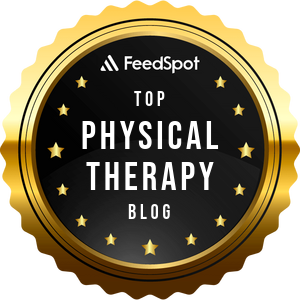
Continuing Professional Education
Looking for Massage Therapy CEUs, PT and ATC continuing education, chiropractic CE, or advanced manual therapy training? Explore our evidence-based online courses designed for hands-on professionals.

